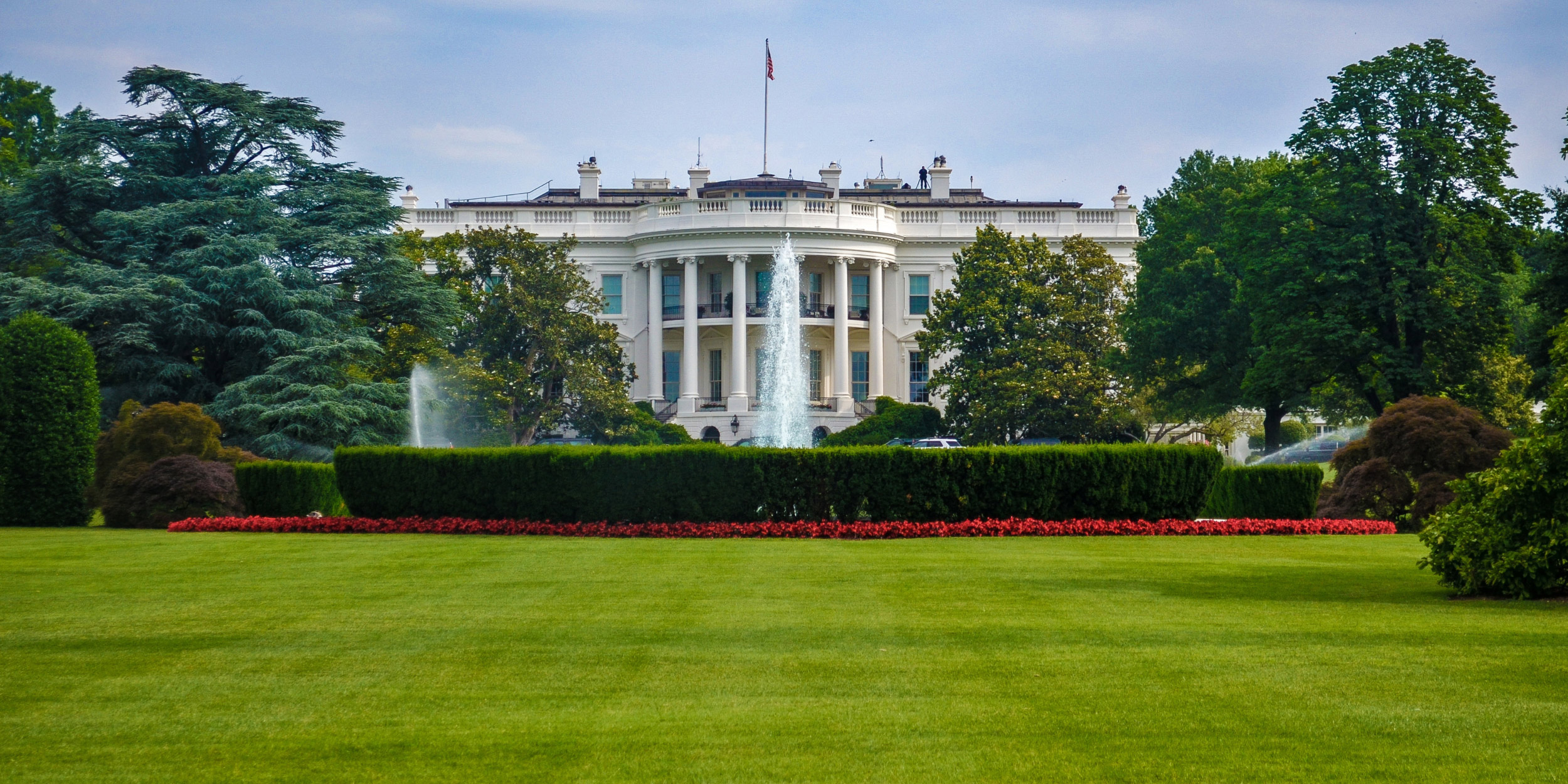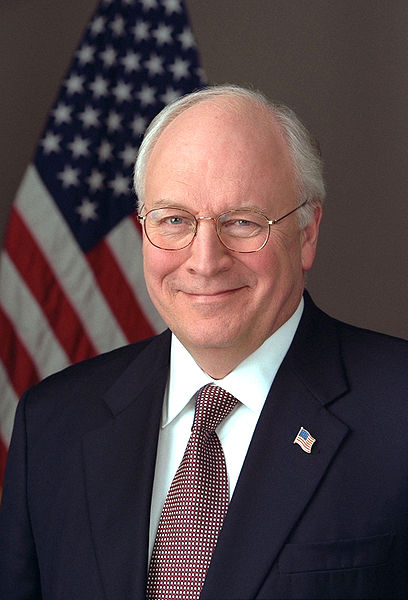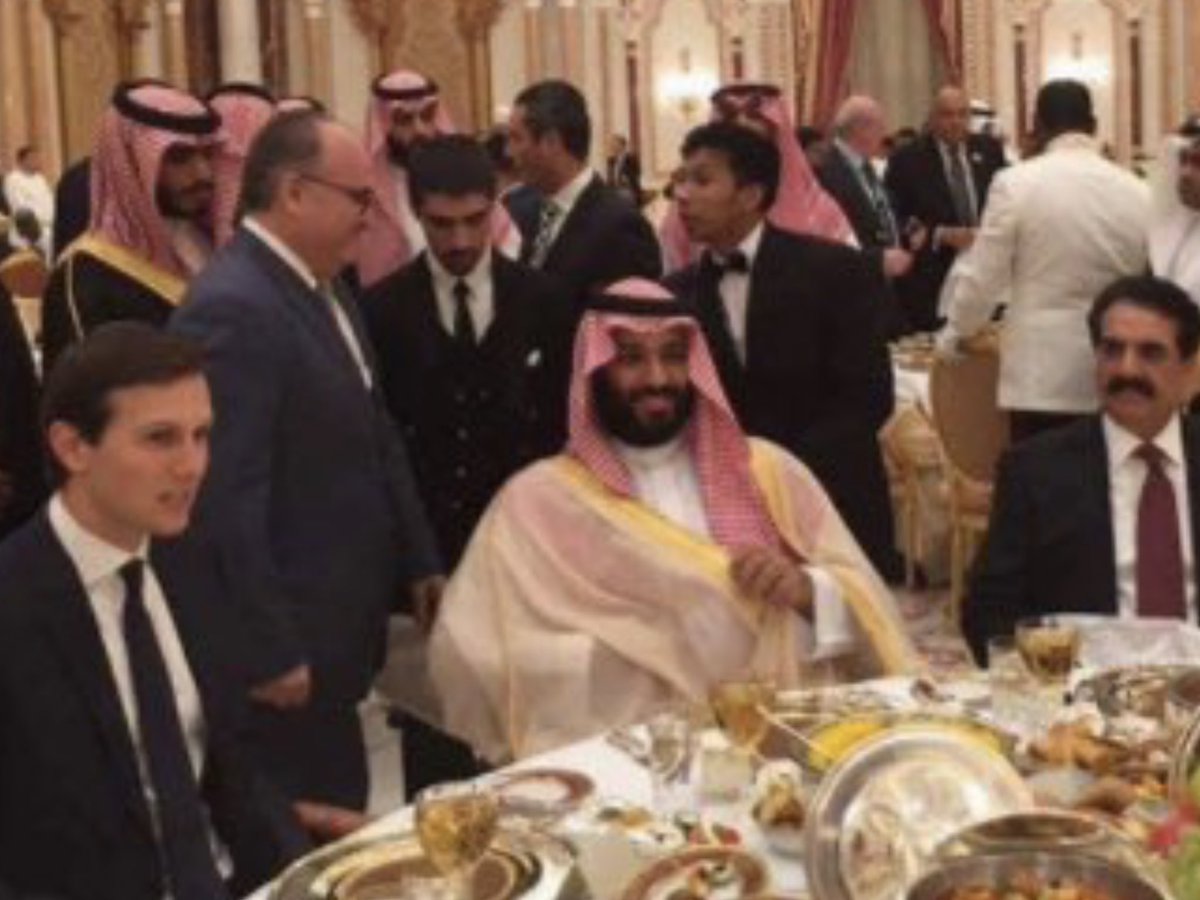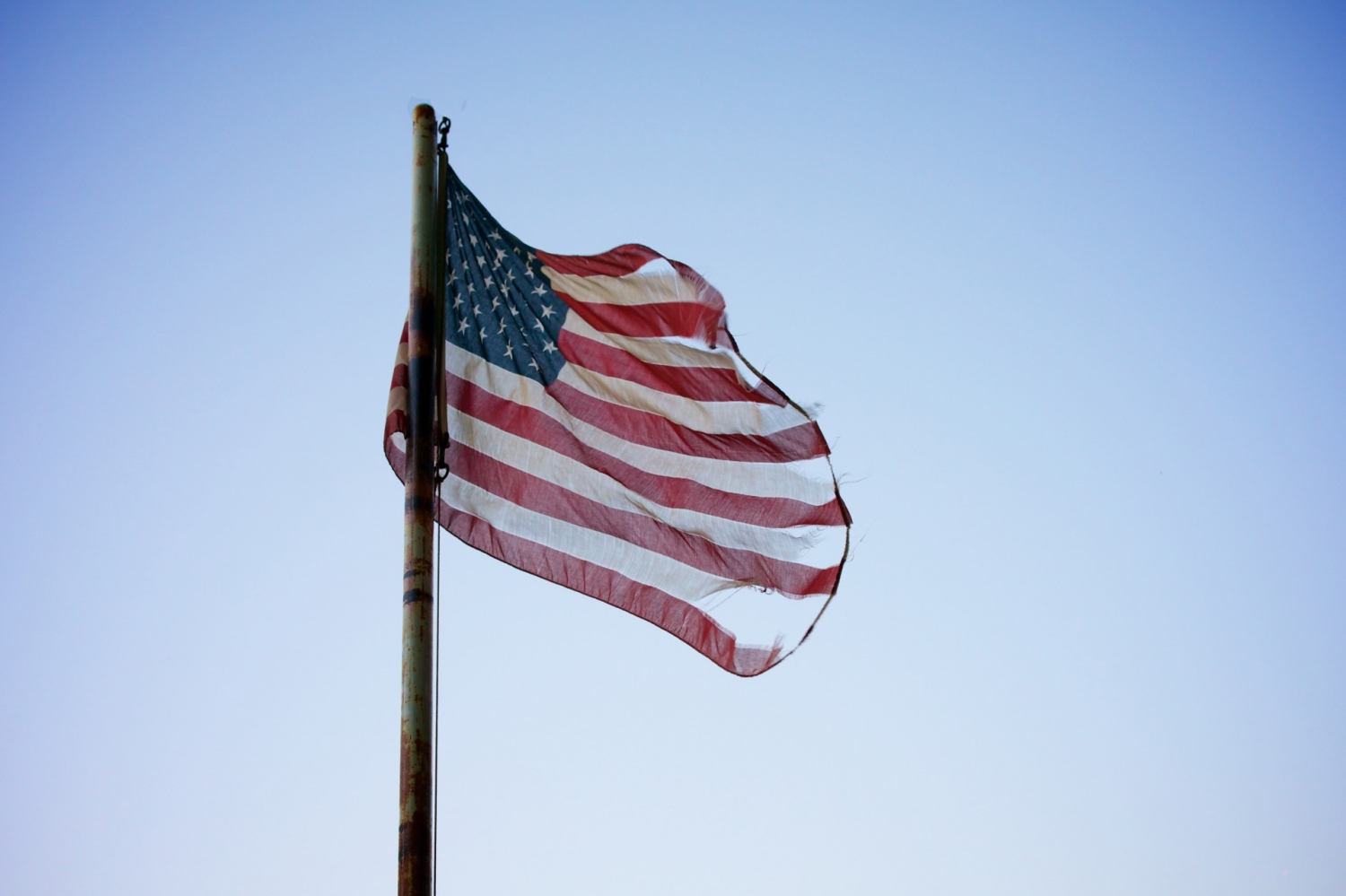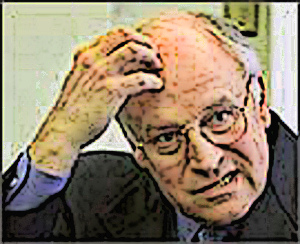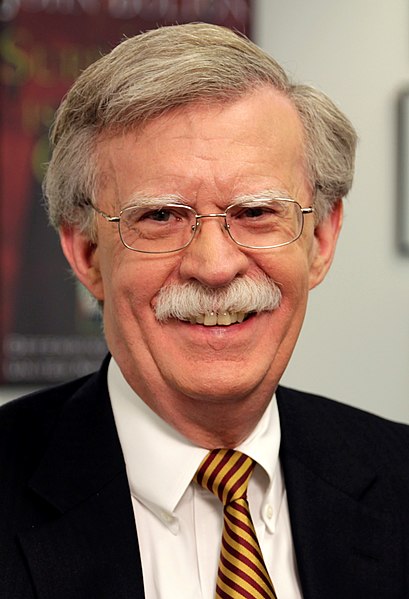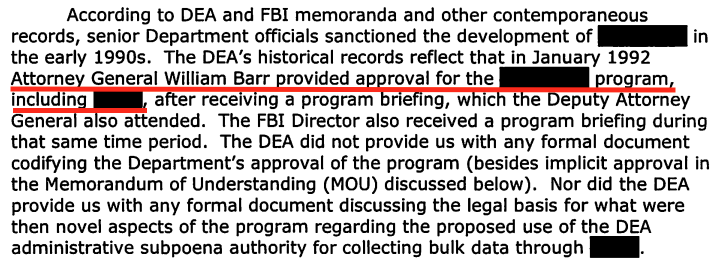Permission Structures and Polling Puzzles
As of today, Trump has less than 7% of his campaign left (47 of 721 days).
As of today, Harris has almost 44% of her campaign left (47 of 107 days).
Keep that in mind as you read this column from NYT’s Nate Cohn, in which he tries to puzzle out why Kamala Harris is doing less well in what he deems high quality national polls than she’s doing in Pennsylvania.
Never mind that his pick of polls has some few suspect polls in there. Effectively what Cohn convinces himself he’s seeing is that the Electoral College, which normally favors Democrats, may this year favor Trump.
Now let’s consider our puzzle: a clear lead for Ms. Harris in Pennsylvania, but a tie nationwide? This is unexpected. Four years ago, President Biden won the national vote by 4.5 percentage points, but won Pennsylvania by just 1.2 points. Similarly, our poll averages have shown Ms. Harris doing better nationwide than in Pennsylvania. This poll is nearly the opposite.
Usually, I’d say that this is probably just statistical noise — the inevitable variation in poll results inherent to random sampling. And it might well be, as we shall see. But I think it’s hard to assume that this is simply noise, for two reasons:
- It’s what we’ve shown before. It’s easy enough to dismiss any single poll result as a statistical fluke. But we’ve now found similar results in our last two polls of the nation and Pennsylvania.
- This is becoming a trend among high-quality pollsters. Yes, our poll average shows Ms. Harris doing better nationally than in Pennsylvania, but if you focus only on higher-quality polls (which we call “select pollsters” in our table), the story is a bit different. Over the last month, a lot of these polls show Ms. Harris doing relatively poorly nationwide, but doing well in the Northern battleground states.
Note that Nate says NYT’s own polls aren’t moving much (while admitting the first days after the debate, responses in PA were more favorable to Harris). But Harris’ lead in MI and PA, across all polls, is inching ever so slowly higher, with some polls beginning to show leads outside the margin of error.
My suspicion is we’re still seeing two effects: that of RFK endorsing Trump, which may have helped Trump by a point (indeed, some polls aren’t including him in states, like WI and MI, where he remains on the ballot) and the debate and Taylor Swift endorsement, which may have helped Harris by up to three.
So far.
But this is why I keep coming back to the 7% versus 44% that each candidate has left in their campaign. Harris is doing in an incredibly compressed timeline, at least by US standards, what campaigns spend years doing. As a result, some baseline actions, such as recruiting volunteers, happened later than they otherwise might have. So there could be — though by no means is guaranteed — a late-election effect from them, as those efforts bear fruit.
Still, as Harris tries to build on that foundation, Trump’s unconventional choices — such as to fire the RNC personnel doing field work and instead to let an Elon Musk PAC do that work — has risks, as evidenced by the decision to fire and replace the canvasing contractor in NV and AZ with 50 days left to go.
That leaves open the possibility that we’ll see gradual movement in the weeks ahead, even ignoring a big blunder by one of the campaigns, or a Black Swan event of the type that would be unsurprising this year.
Brittany Mahomes
To understand what kind of delayed effect recent events might bring about, start with Brittany Mahomes, the spouse of KC Chiefs QB Patrick Mahomes, who has become close to Taylor Swift as both root for their partners at football games. According to the Daily Mail, Trump’s attack on Swift led Ms. Mahomes to rethink her prior support of Trump.
Brittany Mahomes is ‘deeply bothered’ by Donald Trump’s very public attack on her close friend Taylor Swift, according to sources who claim the Kansas City Chiefs WAG is questioning her support for the former president.
Brittany, who has been married to Chiefs quarterback Patrick Mahomes since 2022, sparked a liberal meltdown last month when she liked a post about Trump, 78, on social media.
Weeks later, Taylor, 34, publicly endorsed Kamala Harris’ bid for president – an action that drove a reported 338,000 visits to the federal voter registration website after she shared a link on Instagram.
Trump hit back in predictably blistering style on his Truth Social platform, claiming ‘I HATE TAYLOR SWIFT’ – prompting Brittany, 29, to ‘question’ if she will continue to endorse his campaign.
‘She is questioning her support for Donald Trump after he lashed out at Taylor, saying he hates her,’ a source exclusively revealed to DailyMail.com.
Swift is perhaps the most trusted American, in any sphere. Because of that, polarization will work in her favor, and through her, Harris’, in the same way it tends to work in Trump’s favor when he spins prosecution of him as an attack on him. If people do things to Swift, her supporters will side with her all the more strongly, and in this matter, that may produce movement to Harris.
Mahomes’ vote — presumably cast in MO, where the couple lives — is not going to swing any races. But what is publicly reported to be going on with her may go on with millions of the diehard Swifties who would normally be soft Trump supporters. But that process takes time. First they reconsider their prior beliefs, then they learn why Swift supports Harris, then they get used to the idea of voting for a Democrat.
It’s a process, one that has as many as 47 days left to work.
Springfield’s Republicans and Reagan’s Dead-Enders
Something similar may be happening among more traditional Republicans.
Politico reported on how Republicans stuck with the chaos Trump has created in heavily Republican Springfield are rethinking their Republican support.
“Any political leader that takes the national stage and has the national spotlight needs to understand the gravity of the words that they have for cities like ours, and what they say impacts our city,” Rue, who said he was tired and angry, told POLITICO. “And we’ve had bomb threats the last two days. We’ve had personal threats the last two days, and it’s increasing, because the national stage is swirling this up. Springfield, Ohio, is caught in a political vortex, and it is a bit out of control. We are a wonderful city — a beautiful town. And for what it’s worth, your pets are safe in Springfield, Ohio.”
Asked whether he is going to vote for Trump, the 54-year-old mayor said, “I’m just probably not going to answer that question.” He said he is deeply “frustrated” with Trump’s remarks and how Springfield has become collateral damage.
[snip]
Republican Clark County Commission President Melanie Flax-Wilt, who said she backed Trump in 2016 and 2020 but is now undecided, largely refused to talk about national politics. But she said she was frustrated.
“I’m of the belief that it’s our local community that is going to be here dealing with this after all of the national news is gone and everybody’s done using Springfield, Ohio, as a poster child for immigration reform. We’re the ones who are going to be stuck figuring out what to do with these challenges that are facing us,” said Flax-Wilt.
Sasha Rittenhouse, another Republican member of the county commission, said, “We’ve seen a lot of, I don’t want to say crazy, but unfounded things. It’s a matter of trying to go back and see if there’s any validity to any of it.”
She added, “And thus far, we have not been able to track anything down that definitively shows that any of these things are happening.”
Of her plans to vote this November, Rittenhouse said: “I have not decided what I’m doing. I’ve been a Republican my entire life, and I will leave it at that.”
Any such reconsideration would happen amidst a larger permission structure created by the number of Republicans who’ve publicly supported Harris, including a new batch of national security professionals (some with ties to Dick Cheney, who of course endorsed Harris a week ago — rolled out yesterday, and a group of former Reagan aides rolled out days earlier.
I don’t know whether that will or is working; clearly, Harris finds the support valuable, so the campaign may be seeing positive effects from the GOP support.
But the point is to simply create a permission structure for those wavering in their support for Trump to consider Harris, to rebrand it as patriotism.
Again, if it works, it’ll take time. It’ll be a process.
Iowa draws closer
One of the most interesting polling developments in recent weeks is not in a swing state; it’s in Iowa. The state’s best pollster, Ann Selzer — whom some argue is the best state pollster in the country — released a poll showing Harris within 4 of Trump in the state.
Ann Selzer’s gold standard poll is out, and suggests a remade presidential race in Iowa.
The top line numbers from Selzer & Co’s latest poll for the Des Moines Register and Mediacom indicate former President Donald Trump has 47 percent support and Vice President Kamala Harris 43 percent among likely Iowa voters. This poll started contacting respondents on September 8 (before the debate) and concluded on September 11, the day after the debate. At the end of this piece is a summary of post-debate national polling, which has found a gain for Harris of about 1 percent.
When you compare the new survey to Selzer’s numbers from June (Trump 50 percent, President Joe Biden 32 percent in Iowa), you will find a 14 point shift in margin. But purely focusing on the margin may be a mistake.
Trump’s level of support has varied little since February, when Selzer found him ahead of Biden by 48 percent to 33 percent in Iowa. The change is in the Democratic number. Harris has consolidated the Democratic base, and the 43 percent she receives in this survey is close to the 44.9 percent vote share for Biden in the 2020 election.
As Selzer describes it, this poll reflects new participation among groups energized since Harris got in the race.
Now, 81% of all Iowans say they will definitely vote in the general election, up from 76% in June. However, some of the demographic groups more likely to favor Harris are showing increased participation.
Women show an 8-percentage-point uptick in likely voting since June, Iowans younger than 45 show a 10-point increase, city dwellers show a 6-point bounce, and those with a college degree are up 9 points.
Iowa is not going to go for Harris; if it does, this would not be a close race. But because of Selzer’s credibility, this suggests a trend in the Midwest that likely confirms positive polling for Harris in neighboring WI (and Nebraska’s Omaha district).
But by drawing close in Iowa, Harris puts two of Iowa’s congressional districts in play.
To understand the importance of this new poll, and what it means if it is on target, let’s look at Iowa’s U.S. House seats. As noted above, this poll find Harris trailing Trump by 4 percent statewide. The table below applies that shift to both the 2020 numbers and the results of the 2022 Congressional races.
If Selzer is accurate, Harris is ahead in two of Iowa’s four Congressional districts (the first and the third), and would only narrowly lose the second district. Based on those numbers the Democrats would likely pick up at least one House seat in Iowa, and three races would be competitive.
Even before this poll, Democrats had started dumping (more) money in the two Iowa CDs, so their internals must be showing similar movement.
Pennsylvania bellwethers
There have been a slew of polls from PA overnight. But the result I find most interesting is this one, from earlier in the week: a Suffolk poll of PA (showing a 49-46 Harris lead) and two bellwether counties, Northampton (Bethleham) and Erie (around the city), showing 4-5 point leads for Harris in both.
The survey results showed that the vice president also led the former president in Northampton and Erie counties – two counties that have picked the winner of the last two presidential elections.
Harris had a five-point edge (50-45%) over Trump in Northampton County, located in eastern Pennsylvania and is the home of the cities of Bethlehem and Easton. President Joe Biden carried the county, 50-49%, in 2020 after Trump topped Hillary Clinton, 50-46%, in 2016.
In the northwest corner of the Commonwealth, Harris carries a four-point advantage over Trump, 48-44% – a larger margin than either winner produced in the last two elections. Biden squeezed out a 1-point edge (50-49%) in winning in 2020, while Trump had a two-point triumph in Erie, 49-47%, four years earlier.
Experienced politicos tend to focus on bellwether precincts or counties to read a state and Suffolk just started doing this in the 2022 race (their results predicted John Fetterman’s victory, but weren’t accurate for the county). I’m interested in this approach, though, because it’s one attempt to address all the difficulties with polling.
I’m also interested because of how NYT, among other outlets, has covered the race in Erie.
In July, when Trump led Joe Biden’s native state by 3, NYT did a story on how little credit Biden has gotten for economic investment in Rust Belt areas, focusing on Erie.
On a blighted industrial corridor in a struggling section of Erie, Pa., a long-abandoned iron factory has been humming with activity for the first time in decades. Construction crews have been removing barrels of toxic waste, knocking down crumbling walls and salvaging rusted tin roofing as they prepare to convert the cavernous space into an events venue, advanced manufacturing hub and brewery.
The estimated $25 million project is the most ambitious undertaking the Erie County Redevelopment Authority has ever attempted. It was both kick-started and remains heavily funded by various pots of money coming from Biden administration programs.
Yet there is no obvious sign of President Biden’s influence on the project. Instead, the politician who has taken credit for the Ironworks Square development effort most clearly is Representative Mike Kelly, a Pennsylvania Republican who voted against the 2021 bipartisan infrastructure law that is helping to fund the renovation.
It is one example of a larger problem Mr. Biden faces in Pennsylvania, a swing state that could decide the winner of the 2024 election. In places like Erie, a long-struggling manufacturing hub bordering the Great Lake that is often an election bellwether, Mr. Biden is struggling to capitalize on his own economic policies even when they are providing real and visible benefits.
In August, after Harris had remade the race, WaPo did a story about Erie’s longterm economic plight, noting that its plight would affect the vote there. When it described a new factory funded by the Inflation Reduction Act as a green shoot that might change things, it didn’t describe that Kamala Harris cast the deciding vote for the law that funded it.
The irony — or the puzzle — is that this evident stress coexists with hints of green shoots in the local economy.
A long-planned plastics recycling facility is moving forward, thanks to a new federal loan guarantee. The Japanese corporation Kyocera broke ground this spring on a new manufacturing facility. And popular amenities, including an indoor golf simulator and a rock climbing gym, have opened downtown.
A pre-debate September story in NYT focused on Tim Walz’ appearance in Erie to highlight the campaign’s efforts — more apparent in Harris’ stop in Wilkes-Barre, a story about which NYT focused on skeptics about Harris — to shave Trump’s margins in rural areas.
“Look, it would be easier if we didn’t have to do this. It would be easier if these guys wouldn’t undermine our system, if they wouldn’t lie about elections, if they wouldn’t put women’s health at risk. But they are, so it’s a privilege for us to do the fight,” he said in Erie, Pa., where he stumped from a stage at the edge of Presque Isle Bay before hundreds of cheering supporters waving “Coach” and “Kamala” signs.
The appearance was one of several events that Mr. Walz used to blitz the local media airwaves and fire up Democratic volunteers with the Midwestern dad charm that his party is banking on to help draw white working-class voters. Mr. Walz, and his daughter, Hope, hit several cities in counties that went for Mr. Trump in 2016 — stung by fading American manufacturing and a difficult economy.
[snip]
His trip also underscored the challenges for his ticket as Democrats aim to improve their margins in rural and red-leaning areas in November. The specter of the former president loomed at nearly every stop, and though Mr. Walz arrived ready to engage with undecided voters, some places yielded few opportunities to do so. Mr. Walz also frustrated a handful of reporters as he refused to answer shouted questions.
It complained, twice, that Walz didn’t take reporters’ bait to answer questions only interesting to a pack of beltway journalists.
That outcome by Suffolk, if accurate, reflects a lot of work that Harris and Walz have put in, work that mainstream outlets seem ready to dismiss (while griping that candidates aren’t focusing on coastal journalists while visiting those areas).
There’s a story in Erie. It is a recognizable bellwether area. But rather than look there to see if that’s what explains a possible split between the national polls and PA, NYT’s pollster ignores the possibility that Harris is doing better in swing states than nationally because efforts she has made in those swing states, efforts that don’t feed the media’s narrative have made a difference.
What the Iowa poll may show is a national reconsideration that has happened as Kamala took over the ticket, particularly as women and young voters became more enthused. What the Suffolk PA poll may show is that more focused efforts in swing states are, very gradually, having some results.
That’s why I keep coming back to timing. Trump has 7% of his campaign left, and he’s spending much of his time outside of swing states, attempting to create stunts to shift the media narrative. Harris has 44% of her campaign left, and she’s spending it, partly, out of the limelight, working relentlessly to win over small groups of voters in the swing states that will decide the election.
We should expect a well-run campaign that has focused on swing states to show some results in those swing states, particularly in a race against a guy, Trump, who seems to have a ceiling for his support. Maybe that’s what we’re seeing.
If the election were held today, Harris would have a very good shot to win, but only narrowly. A narrow win might not be enough to stave off whatever fuckery Trump has planned.
But the election won’t be held today. She’s still got 44% of her campaign left to get this hard work to pay off.
Update: Fixed spelling of bellwether.





